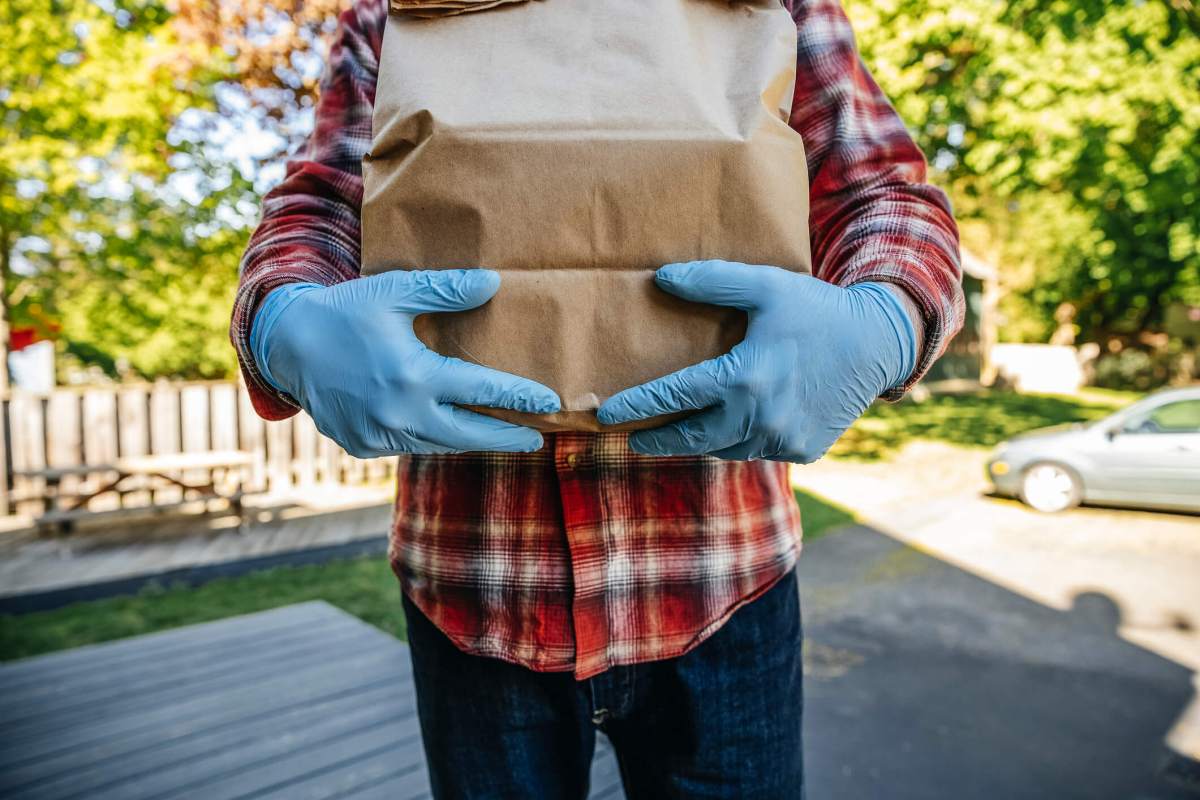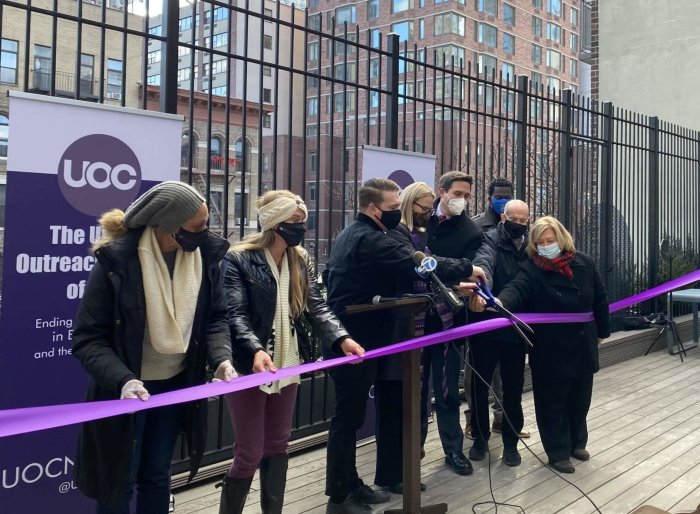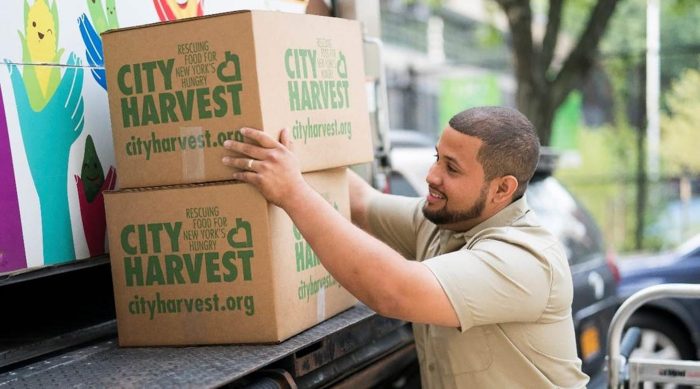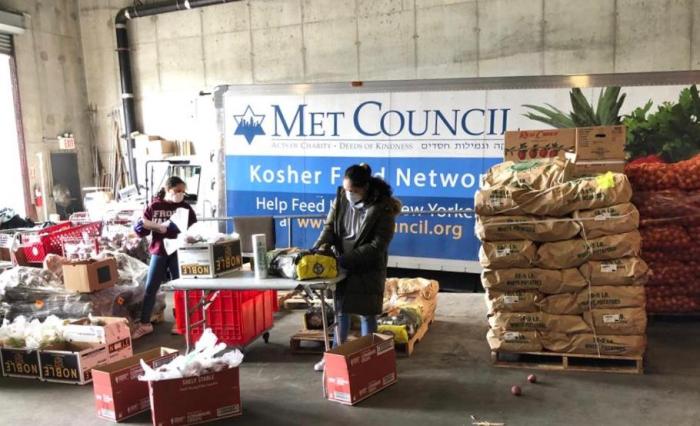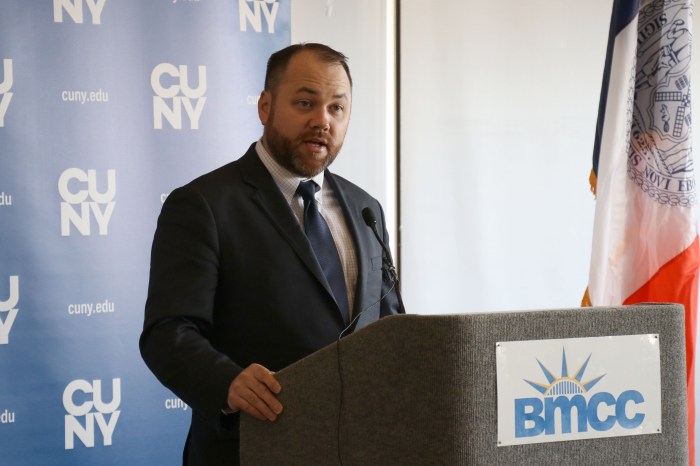Right now, 1.6 million New Yorkers are struggling to put food on the table for themselves and their families. October is Tackling Hunger Month, and the mission to nourish everyday New Yorkers has never been more imperative. As the pandemic rages on, the human services sector is leading the fight to address the most pressing issues, like food insecurity, that are facing New Yorkers.
Despite our important work, we have not always been treated as essential. To secure a better future for New York, the human services sector must finally have a seat at the table.
Our sector provides myriad services — food assistance, housing, senior services, employment training, programs for children and youth, behavioral and mental health support, and more. These services address the biggest crises our City faces, including housing and homelessness to the root causes of crime. A commitment to us is a pathway to a better City.
When COVID-19 hit New York City, human service workers answered the call. We housed the homeless, delivered meals to the hungry, became a lifeline for the elderly, and educated children—in person and online. Our direct engagement with communities allowed us to respond in real-time to the dire needs of New Yorkers. The Stanley M. Isaacs Neighborhood Center expanded its community kitchen and hired youth from their Culinary Arts training program to staff it. Together, Isaacs Center and Goddard Riverside prepared and delivered over 1500 meals every day to vulnerable older adults and supportive housing residents.
While our work was praised as invaluable at the pandemic’s height, New York’s leaders failed to acknowledge that value during budget season. We advocated at the forefront of 2021 budget negotiations for adequate funding. Though needs skyrocketed, our sector’s funding remained the same. Our workers served the City they love through some of its darkest days. We want to keep doing that work. In fact, we want to expand on it, serve those even more in need, and provide additional support as folks get back on their feet. For generations, leaders have relied on us to meet the needs of communities yet have starved our organizations of the funding needed to expand services and invest in our workforce.
By failing to invest in human services, our leaders are overlooking our most important resource: people. We can no longer afford to toss these resources aside. The 120,000 human services employees who have continued to be on the frontlines of the pandemic are 85% people of color and 66% women. The sector is the second-lowest paid in New York City, meaning more than 60% qualifying for public assistance. So, when we say investing in human services is investing in people, it’s not just about the people we serve, it’s about a vast workforce that represents the very communities that make our City great, but have for too long been left behind.
To meet New York City’s dire needs, our organizations, Goddard and the Isaacs Center, joined forces in an unique strategic partnership. “Unique” because it is an alliance driven by strength—not by fiscal duress. By collaborating, we become greater than the sum of our strengths, and have a louder voice in advocating for our communities. We intend to lift that voice to achieve budgetary justice for struggling New Yorkers and help everyone in our community to live their best life.
Our sector and workforce deserve to have a seat at the table with the next Mayoral Administration and incoming City Council for decisions related to ongoing recovery effort, including food insecurity, homelessness, and housing. Eric Adams appointing Sheena Wright, a non-profit heavyweight, is a positive step forward. We hope that with Wright’s influence on the Administration, service workers are not only called on, but brought into decision-making as true partners in tackling our City’s present recovery and future ambitions to create long-term solutions that solve generational issues.
Right now is a critical moment for our City – the incoming Administration has the opportunity to leverage the strengths of our dynamic workforce to lead an equitable and just recovery. We call on our leaders to seize this opportunity and build a better future for all New Yorkers.



